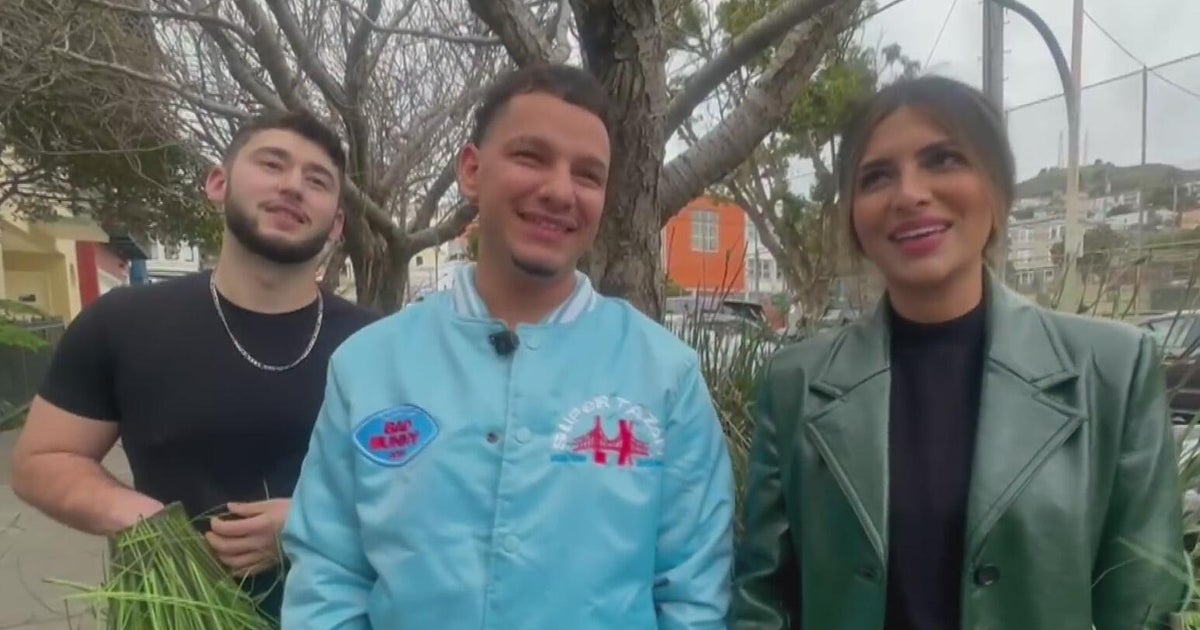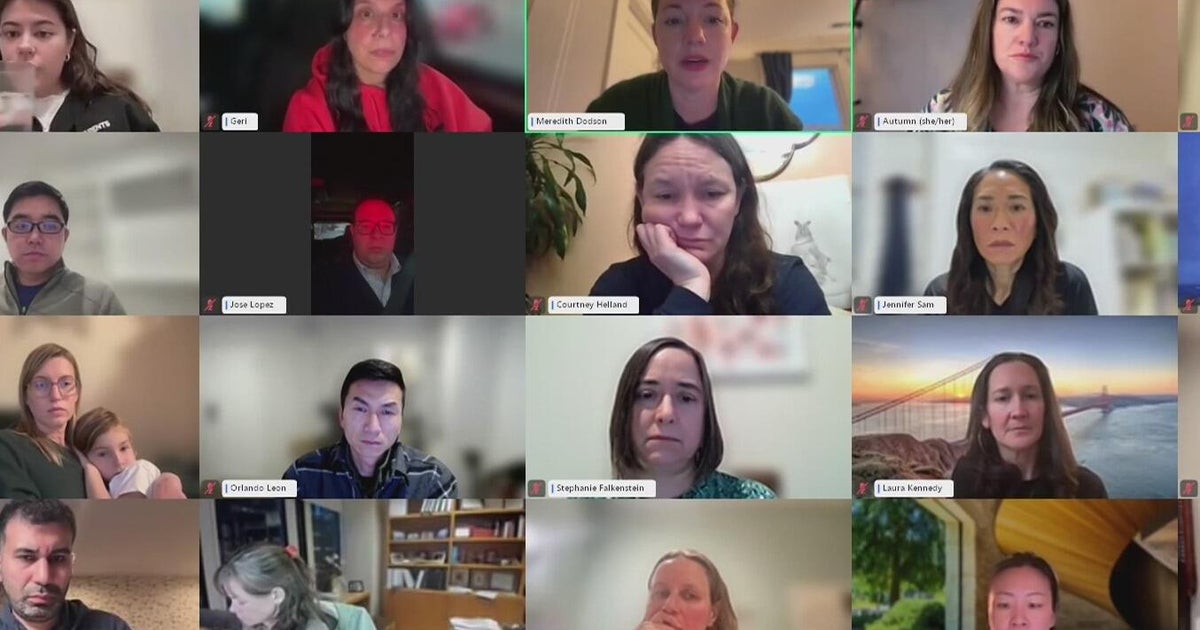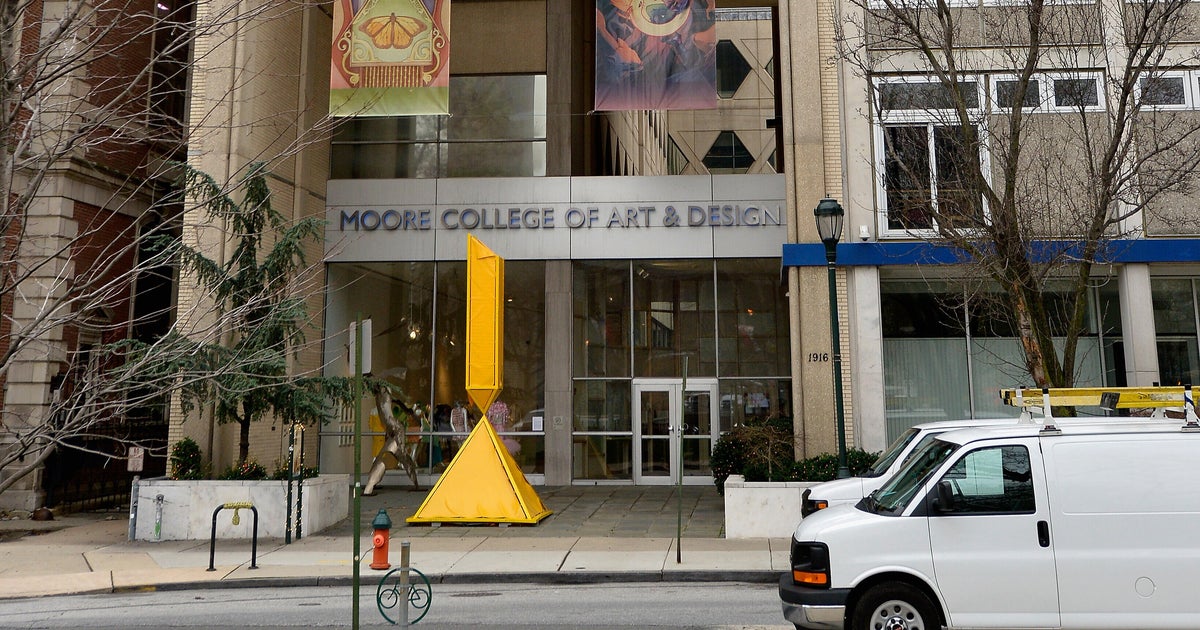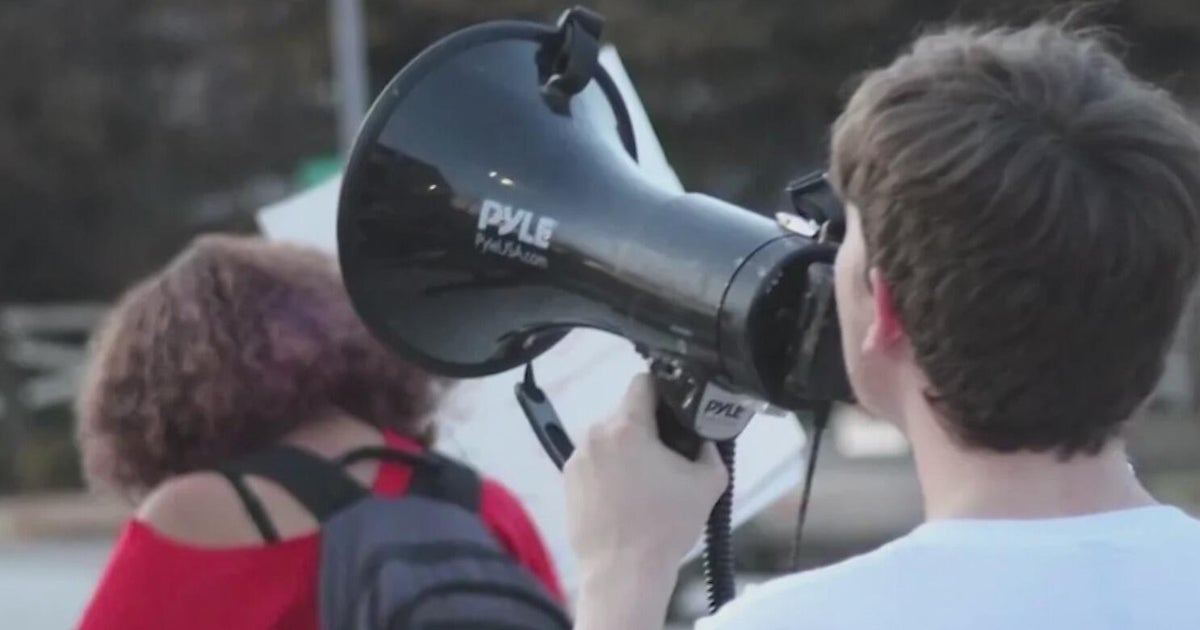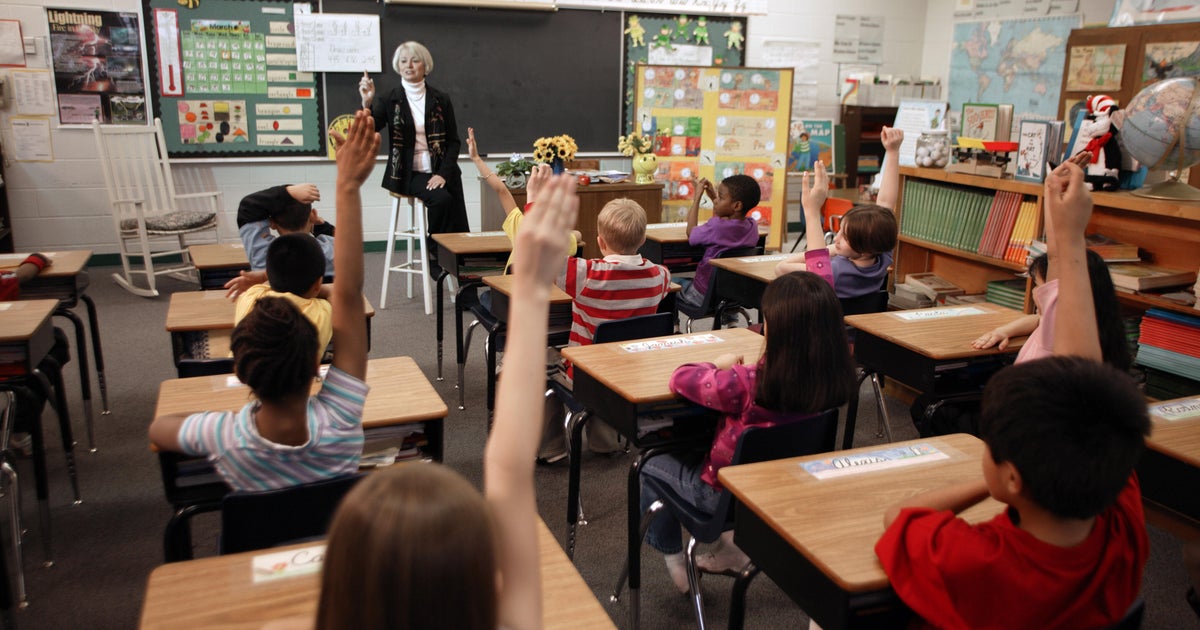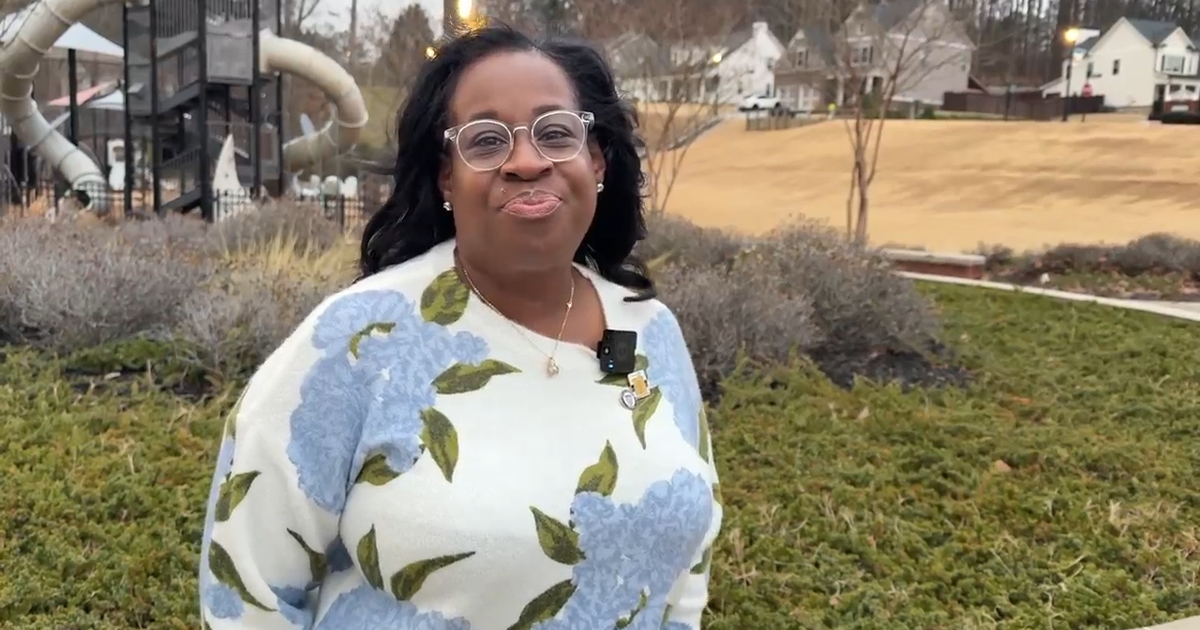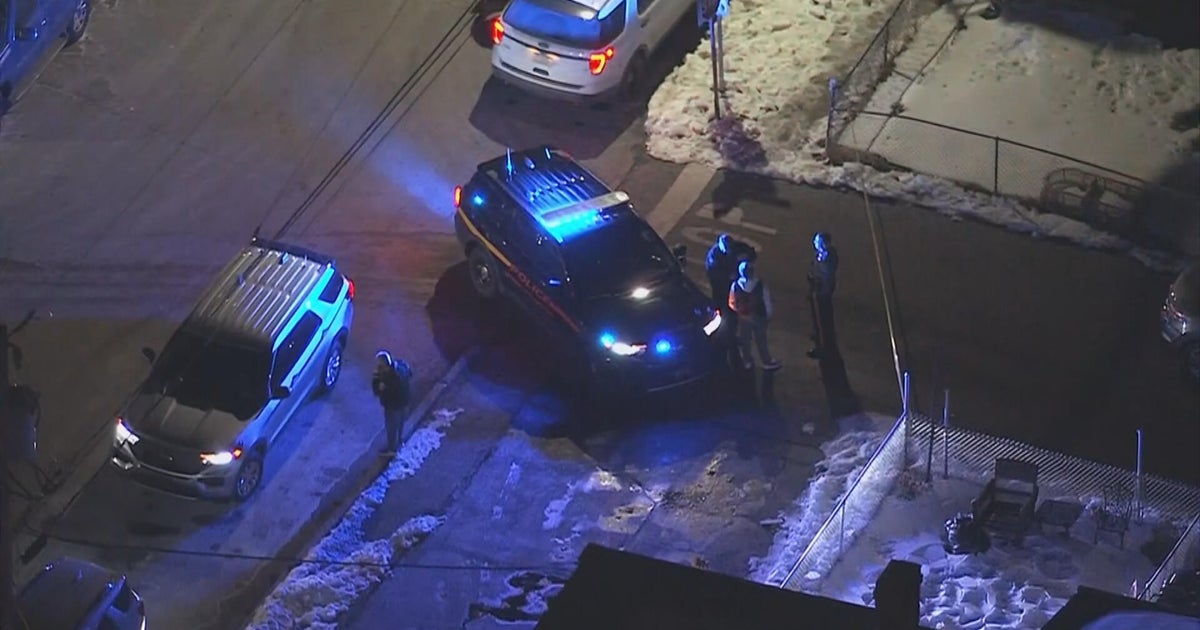Bay Area teens navigate an evolving college application process due to affirmative action changes
SAN JOSE — The halls of James Lick High School in San Jose are filled with excitement for seniors who are anxiously awaiting to hear back about their college applications.
But this year's application process was different for some teens, who applied in the wake of the repeal of affirmative actions and new modifications to obtaining financial aid.
"Making sure that I wasn't looked at as just another Hispanic person," James Lick High School student Adamari Preciado told CBS News Bay Area. "Coming from a low-income community with limited resources, I really wanted to stand out and let them know that I am a hard working student."
For Preciado, her eyes are set on a private school out of state — where affirmative action was repealed in 2023.
Among those schools she applied to include Santa Clara University, Stanford University and Chapman University. Once she enrolls, she'll be the first in her family to attend a four-year university.
"It was upsetting just because there's that advantage of [colleges] trying to make us seem fair, as if we're in the same category," Preciado said of a new process without affirmative action. "But the reality is we struggle with the limited resources that we have. So, when we do our best to join extra activities or sports like we are not only doing that, but we're also putting a lot of hard work into our schoolwork and when it doesn't show that we actually fit with their stats."
Being a first-generation college student is the case for many students at James Lick. But following the repeal of affirmative action, a handful said their goal was to make themselves stand out through their lived experiences.
"They want to look for diversity. Yet diversity shouldn't just come from how they look but like how they've lived their life," student Kevin Truong explained. "People who were from different cultures, they'd have to adapt here and they have to overcome struggles of trying to fit in."
It's uncharted territory, said college admissions expert Irena Smith.
"It's been a messy, extremely unhelpful late rollout," she said of FAFSA. "And together with the SAT going digital and making huge changes and the repeal of affirmative action, college applications have never been a low-key, un-stressful process for most students, but this year it seems to be like literally everything that could go wrong is going wrong and or just becoming more stressful."
Students of color from low-income families are now facing a two-sided conundrum. It's an extra hurdle now to show colleges how they've persevered through adversity. And while the new FAFSA makes it easier to apply, financial aid is expected to come later than usual and not be adjusted for inflation.
"Students were scrambling at the last minute to write a separate identity essay, when they had maybe already written their personal statement, which was also about their identity," Smith explained. "And now they were in this weird place whereas 17-year-olds, they're essentially having to navigate political shifts in terms of what the Supreme Court decided what colleges decided they would do with that, and I think to put 17-year-olds in that place is not very nice."
For Preciado, she's already been accepted to three of the thirteen schools she applied to, proving to herself that the extra effort is setting her apart from the rest.
